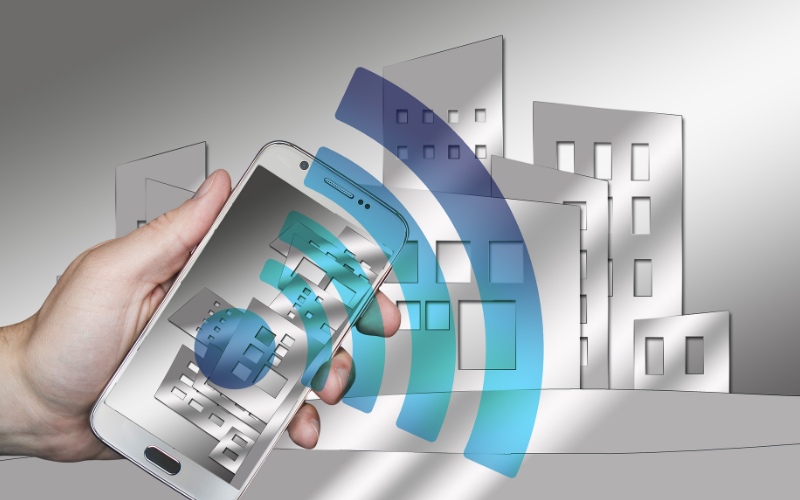In recent years we have seen the range of devices and physical objects connected to the Internet grow exponentially. The information and data collected by IoT (Internet of Things) devices has the potential to generate significant insights into customer behaviour.
Collecting and using this data and the technology that allows it to happen, has come to be known as the Internet of Behaviours (IoB). Where IoT allows physical things to be tracked, monitored and operated via the Internet, IoB extends this by linking these devices and the data they collect to monitor individual behaviour.
Gartner has identified IoB as one of the top strategic technology trends for 2021:
The internet of behaviors (IoB) is emerging as many technologies capture and use the “digital dust” of peoples’ daily lives. The IoB combines existing technologies that focus on the individual directly – facial recognition, location tracking and big data for example – and connects the resulting data to associated behavioural events, such as cash purchases or device usage.
Companies and other organisations can use IoT data to monitor, analyse and influence human behaviour. As an example, a company looking to monitor compliance with health protocols during COVID, may leverage IoB to see which employees are wearing masks or not. Those who aren’t can then be targeted individually with the appropriate response and communication.
Gartner forecasts that by the end of 2025, over half of the world’s population will be subject to at least one IoB program, whether it’s from a commercial or governmental source. Just like other technology trends such as AI and machine learning, IoB is likely to generate significant debate around the ethics vs the positive uses of this technology.
When one thinks about the prevalence of CCTV cameras and other connected devices, IoB and the associated applications, have the potential to be very creepy and personally very invasive. Through facial recognition, location tracking and big data, organisations have started to monitor individual behaviour and to link that behaviour to other digital actions, like buying a ticket.
Tracking us on our smartphones and other devices
Customer experience has always been about the collection and analysis of data so organisations can better understand customer behaviour and preferences. These insights are then exploited to alter customer behaviour and purchasing decisions by creating positive seamless experiences that place desirable and personalised recommendations in the path of the customer.
Our smartphones can monitor our online movements as well as identifying our real-life locations. Such a large percentage of us are almost tethered to our phones, which makes our smartphones the most obvious device to target if organisations want to analyse and modify our behaviour. For example, Uber makes extensive use of IoT data to analyse and improve the experience customers have with its apps.
A whole host of innovations and other smart devices have emerged including digital wallets, which can be biometrically matched with the owner, smart mirrors, that utilise AR and VR technology to enhance the shopping experience, smart fridges, smart watches and so on. All of these devices are collecting oceans of data about us, our choices, our preferences and how we interact with the world.
Matched with this is the power of AI to make sense of all this data being pooled together from all these different sources. New applications and solutions are emerging. better capable of capturing our likes and dislikes, purchasing habits and general interests. Deep behavioural patterns and consumer insights can be captured and turned into actionable strategies to influence our behaviour. And as the amount of data and data sources multiplies, so do the potential applications.
IoB has the potential to create a range of exciting opportunities across multiple industries. One application highlighted by iStart magazine is vehicle telematics for the tracking of driver behaviour, where erratic driving behaviours is monitored to improve safety. Another possible application is preventing those vulnerable to online shopping addiction. By identifying individuals who display this behaviour and modifying their behaviour.
IoB does have some significant ethical considerations, however. By 2023 Gartner believes that 40% of the world’s population will be tracked digitally in order to influence our behaviour. If organisations us this technology purely for their own gain without sufficient regard for people’s privacy then there’s likely to be a significant ethical backlash from governments and consumers.


